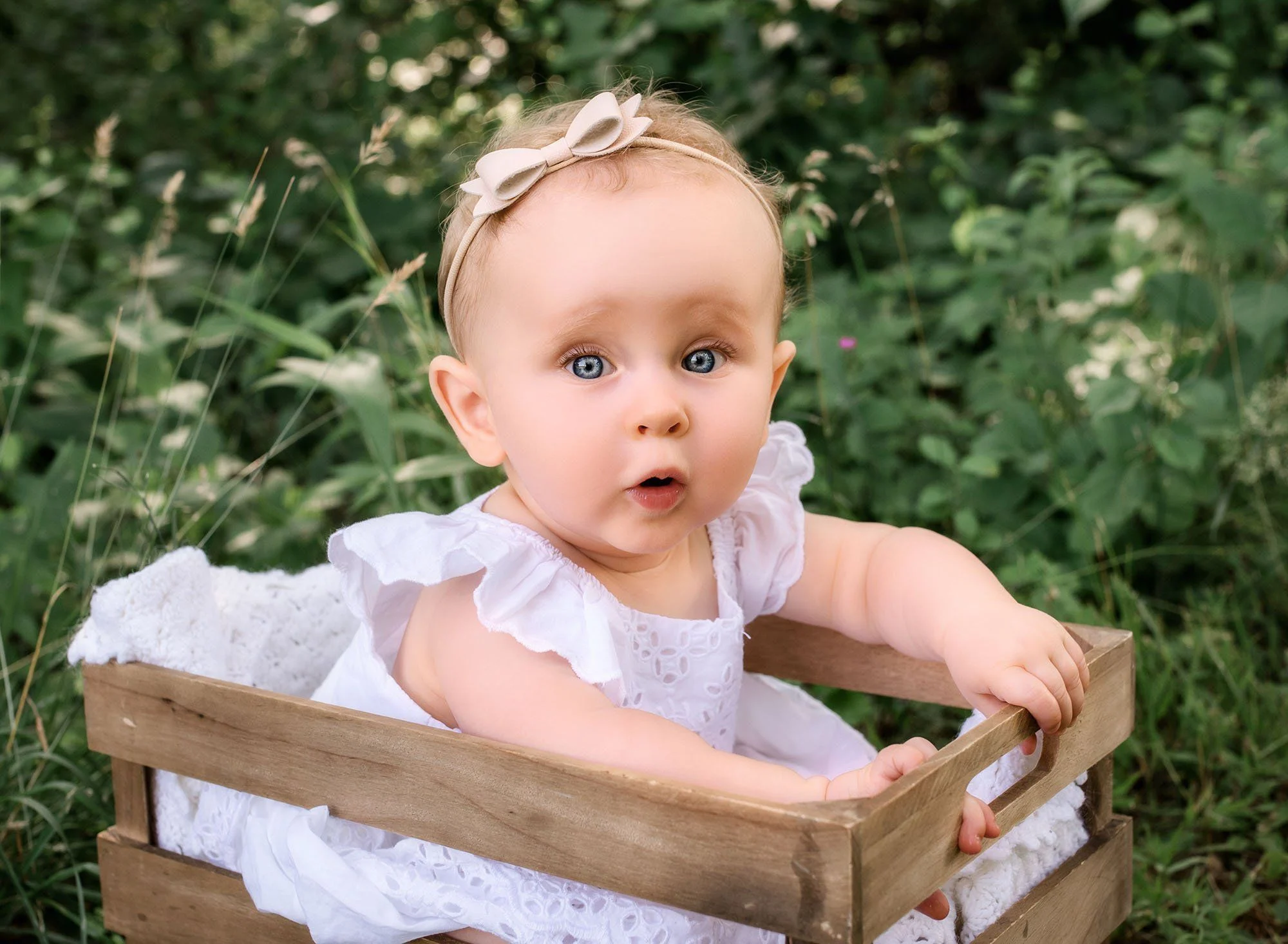This summer, my spouse and I have affectionately started calling our 9-year-old daughter “The Sloth.” While it may sound harsh, it captures her essence quite accurately. Our younger daughter has never been particularly athletic; even as a kindergartner, she preferred coloring books to outdoor games and cartoons over active play. She thrives indoors, avoids getting dirty or sweaty, and wilts in the heat like a delicate flower.
Her aversion to outdoor activities has intensified this summer. She is determined to spend all her time playing video games and indulging in comic books, becoming increasingly resistant to any suggestions for alternative activities.
“It’s too hot to jump on the trampoline!” she protests.
“I can’t stand hiking; there are too many bugs!”
“The swimming pool is always overcrowded. I’m not going!”
In previous summers, we could coax her into outdoor fun, and with a little encouragement, she would often enjoy herself. But this year, it’s as if we are dealing with a different child. My husband decided to enroll her in expensive, private tennis lessons, which has become my responsibility to take her to.
Initially, the tennis lessons weren’t unbearable. She would sulk a bit, reluctantly putting away her gaming device, but soon the eye rolls began. By midsummer, she was audibly groaning, stomping to her room, and slamming dresser drawers in search of tennis attire. The ride to the courts was filled with tension, but remarkably, by the time we arrived, she seemed to have composed herself.
“She’s so cooperative and follows my instructions well,” her tennis instructor remarked to me. Little did she know the battle I faced to get her there. Cooperative? That was a nice way to put it.
In reality, my daughter is agreeable with everyone except her parents. Just last week, I handed her a hairbrush, announcing it was time to prepare for her lesson. She scowled, snatched the brush, and stormed upstairs. Then, in a moment of frustration, she hurled the hairbrush down the staircase, breaking it and causing a loud noise that drew in our pets and her sister.
“What was that?” I shouted, feeling anger rise within me.
She stood at the top of the stairs, fists clenched, her eyes filling with tears as if she were astonished by her own actions.
“It was an accident,” she insisted, but I knew better.
“No, it wasn’t an accident. I watched you do it. You threw that on purpose!”
She shook her head, now genuinely crying. “I didn’t mean to… I don’t know why I did that.”
“Get dressed and get in the car. We’re running late,” I instructed firmly.
Silence enveloped us during the car ride, but my mind was racing with concern. This is your gentle child—the one who shies away from conflict, always soft-spoken, and loves watching cat videos on YouTube. So how did we end up with this tempestuous version of her?
As she practiced her tennis skills, I called my spouse, feeling overwhelmed. “What’s happening to her?” I asked, my voice shaky. “She’s never reacted this way. It’s like she’s lost control of her emotions.” He reassured me that we would discuss it later.
After her lesson, her instructor praised her performance, but the car ride was still filled with an awkward silence as she nervously bounced her racquet on her lap. Later, while handing her a fresh towel after her shower, I entered the bathroom as I usually do. “Here’s a warm towel. Please don’t throw it on the floor,” I said gently.
In an instant, she crossed her arms and turned away, responding quietly, “Okay, thanks.”
This is my 9-year-old daughter, and I find myself feeling foolish. I have an older daughter, and I should be wiser by now. I’ve already navigated the turbulent waters of adolescence once, yet I still forget how early these challenges arise for girls in our family. My older daughter received her period in fifth grade, leaving me blindsided. I thought I’d prepared her with the right information, but she was reluctant to engage in the conversation. My own sister began her cycle in fourth grade, terrified and confused. My mother had not anticipated the need to discuss puberty at such an early age, and then she had to adjust.
How can a parent prepare a 9-year-old for such complex topics when they are still mastering basic schoolwork? I don’t have the answers.
I whisper to my husband over the phone, “Puberty is upon us. Hold on tight.”
Conclusion
In conclusion, navigating early puberty and the emotional rollercoaster that comes with it is challenging for both children and parents. The shift from childhood to early adolescence can be confusing and overwhelming, and it requires open communication and understanding. For more insights on this topic, you might find useful information in our other posts, like this one on terms and conditions.
